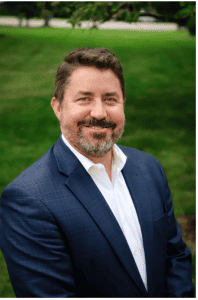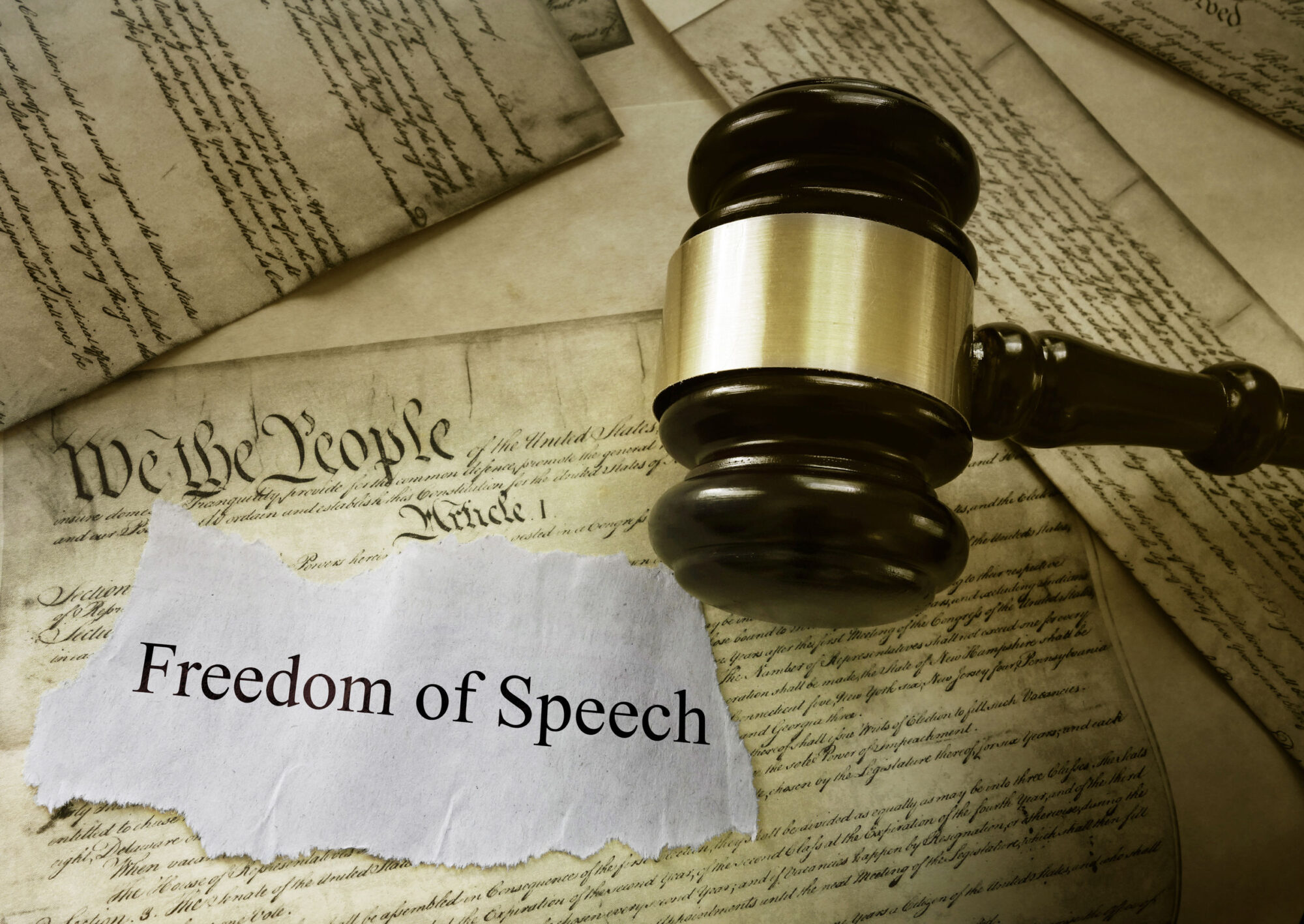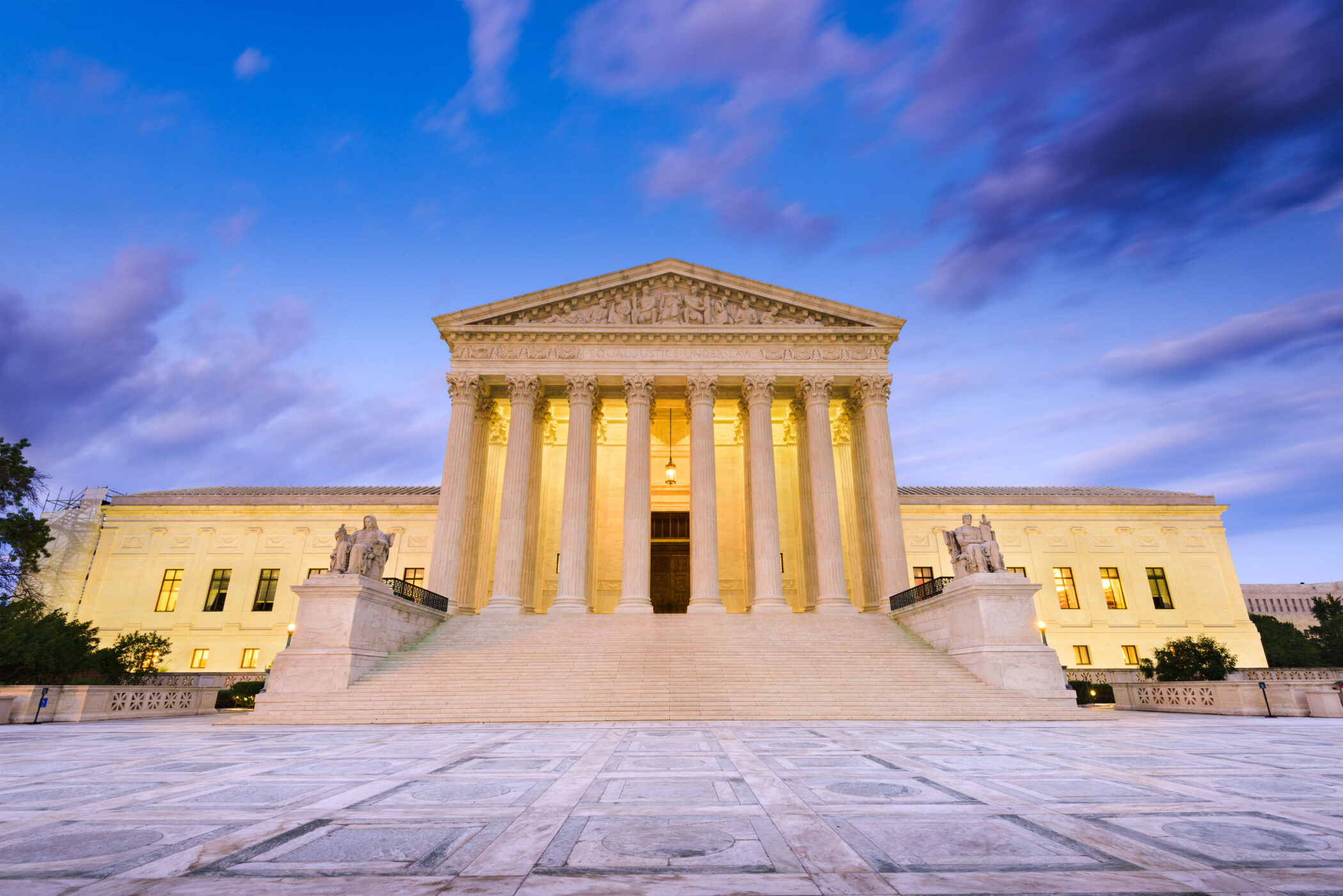Proposed changes to the Prairie Village code of ethics would restrict elected officials’ private speech and subject them to public sanctions for representing constituent interests at the whim of the majority of council members. Mayor Eric Mikkelson, who is also an attorney, believes it is constitutional to do so, but he declined to provide any legal analysis to substantiate his position.
Another constitutional question arises in the proposal to prohibit former elected officials from appearing before future City Councils to discuss issues in which they were involved as officeholders.
Dubbed “Late Case Interest,” the Code revision concerning a potential conflict of interest would apply only to former members of the governing body, not to city staff or other employees. The ethics rules cover elected officials and city employees, but Mikkelson’s proposed new code does not apply to employees. City Administrator Wes Jordan assured members that city employees’ conflicts of interest would be covered in employee handbooks.
The revision, offered by Mayor Eric Mikkelson in this redlined document, was discussed at a January meeting, amid questions and confusion about its provisions. Some council members requested more time to study the new document and question City Attorney David Waters before voting on its adoption.

The section raising First Amendment concerns for Council Member Lori Sharp concerned the Code’s definition of “Late Case Interest”:
“No member of the governing body shall, after the termination of service or expiration of their term as a member of the governing body with the city, appear before any board, commission, committee, or agency of the city in relation to any case, proceeding or application in which he or she personally participated during the period of his or her service or tenure, or which was under his or her active consideration.”
Sharp warned of the update’s chilling effect on Freedom of Speech:
“We’re limited people’s right to speak, we’re limited their free speech. We have people come and talk with us, we have social media. There are a lot of things we don’t like. But we should be so happy that we live here and are able to have that First Amendment right to be able to speak. So, I don’t think just because you served on the council or a committee, you should be limited or punished essentially because you’ve done that.”
She suggested tabling a decision on the update until a similar policy covering city employees could be drafted.
In response to a question The Sentinel posed to Mayor Mikkleson on the constitutionality of the “Late Case Interest” prohibition, he replied:
“The proposed Code of Ethics advanced by the Council last week is substantially the same in many respects to our current one, while improving several of its deficiencies. In fall 2023, after receipt of unfounded complaints, shortcomings in the Code were identified, primarily with process.
“This prompted a routine cleanup of the ordinance including obvious errors such as the spelling of “censure” and creating clear procedures for handling complaints. It is common practice for Council to review and improve an entire ordinance when any proposed changes are being considered.

“The City is confident, upon advice from legal counsel, that the Council’s proposed version complies with all applicable law, including the Constitution.”
Legal counsel for the city, City Attorney David Waters, who drafted the Code change on conflict of interest, also serves as mayor of the City of Westwood, which recently had its own First Amendment controversy when the city threatened to sue residents who spoke against a proposed sale of the city park.
We responded to Mayor Mikkleson’s defense of Prairie Village’s proposal with a series of questions:
- Why do you believe the current ethics code is insufficient?
- Are there any specific issues prompting the proposed rewriting of the ordinance? Have any formal complaints been raised?
- Have you requested an Attorney General’s opinion on the constitutionality of all proposed changes? There are several proposed changes that seem to restrict the free speech of elected officials during and following their term in office.
- Why do you propose that employees be removed from the standard code of ethics?
- Proposed Section 1-212(c) says elected officials “should be loyal to the objectives expressed by the electorate as understood by such members…” Whether intended or not, this language would allow a majority of council members to file complaints and sanction elected officials who disagreed with the objectives of a majority of members. Do you believe that to be ethical and constitutional?
- Proposed Section 1-212(d)(i) seems to impose a definition of discrimination that is more akin to a diversity, equity, and inclusion (DEI) policy than legal discrimination. There is no written standard that specifies what constitutes a violation of this section, which leaves it to the discretion of the majority to sanction an elected official with whom they disagree, let alone multiple potential constitutional violations.
- Proposed Section 1-212(d)(iii)(B) says elected officials “shall not appear on behalf of the private interests of any person or business entity” unless they are representing themselves, their spouse, or minor children. This section seems to prohibit elected officials from representing their constituents while allowing city employees to advocate for the private interests of, for example, a developer wanting incentives or other favors from the city. What is the constitutional basis for this proposal?
- Proposed Section 1-212(d)(iv) prohibits elected officials from appearing before any “board, commission, committee, or agency of the city in relation to any case, proceeding, or application in which he or she personally participated during the period of his or her service or tenure, or which was under his or her active consideration.” This section raises multiple constitutional questions.
Mikkelson did not respond.
The City Council approved a motion from Council Member Terry O’Toole to apply a one-year moratorium on former members addressing the governing body on “Late Case Interest” issues in which they were previously involved, as well as tabling a decision on adopting other Code of Ethics changes proposed for their next meeting. The vote was 9-2, with Members Sharp and Council President Ron Nelson opposing.




